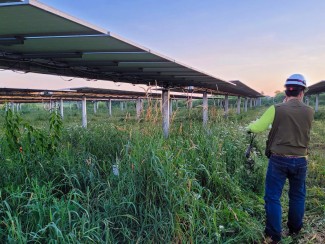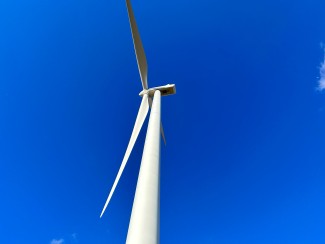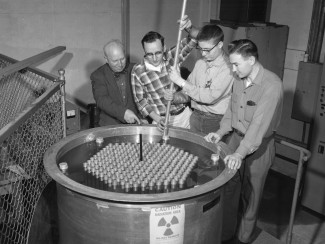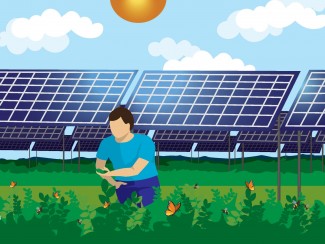The momentum behind sustainable infrastructure doesn't start and stop at the national level. With billions in funding from the federal government newly green-lit, municipalities across the country are prioritizing the transition toward renewable energy. Read on to discover the complexities of local climate action.
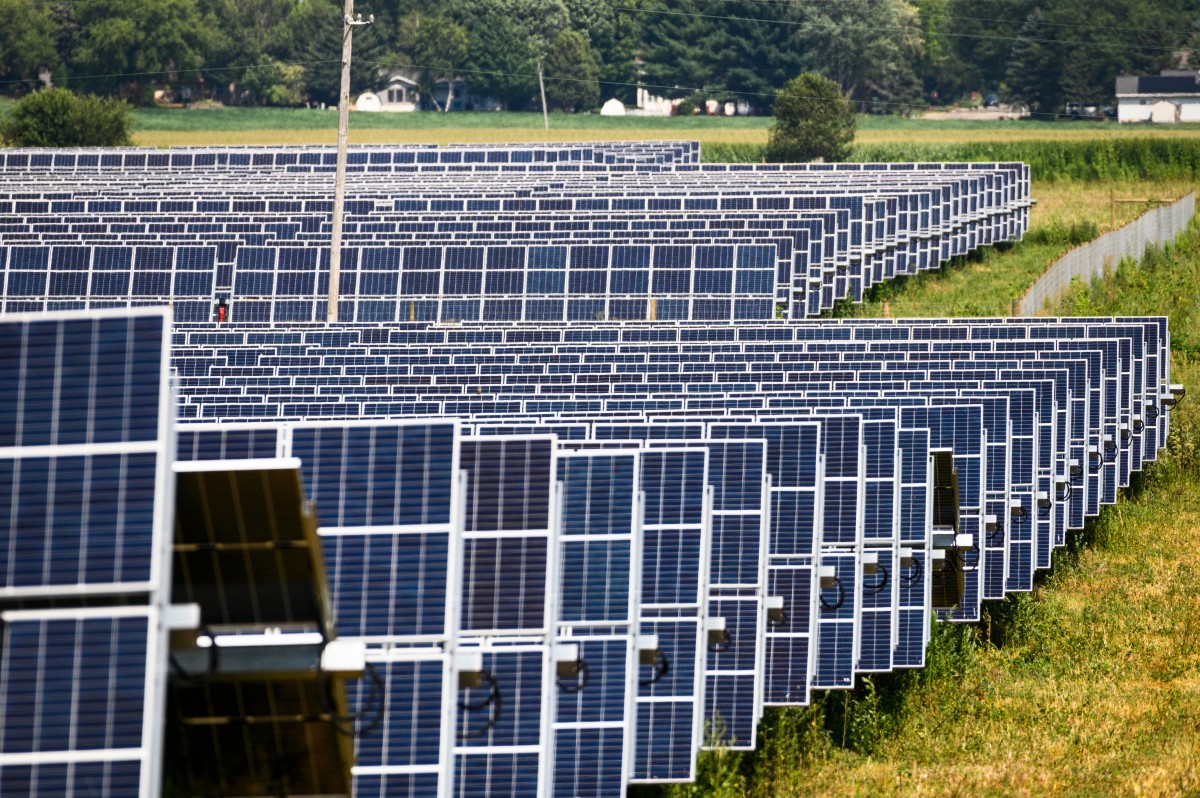
The renewable energy transition is regularly framed as a national and even global issue, but many local communities are charging forward with ambitious sustainability plans.
Madison is one of them. To combat the effects of rising temperatures, the city has adopted a goal of net-zero carbon emissions by 2050.
Other Wisconsin cities, including Eau Claire, Milwaukee, and Wauwatosa, have similar aspirations, but many municipalities lack the resources to pursue energy transitions on their own.
"Local governments have a unique voice in terms of climate change and climate solutions," said Allison Carson, executive director of the Wisconsin Local Government Climate Coalition. "It's not something that just matters for a place like Madison or a place like Milwaukee.”
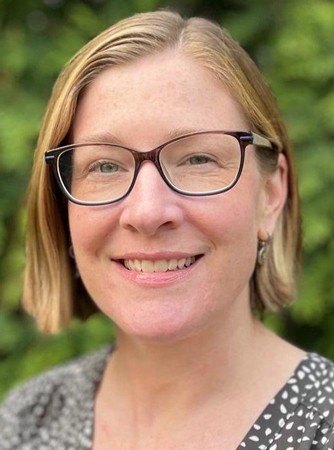
The Inflation Reduction Act is designed to empower these communities to set and achieve goals to combat climate change.
The federal act’s Climate Pollution Reduction Grant program mobilized $5 billion for localities across the country, and the program has already distributed millions across the state. This funding will help communities create climate action plans and later compete for federal implementation grants. The preliminary funding is pivotal for localities that don’t yet have the resources to hire dedicated staff.
“Many of our member communities have … greenhouse gas reduction goals in place, but not all of them do. So we really want to be able to meet communities where they’re at,” Carlson said.
State policy often sets the stage for what localities can accomplish on their own, Carlson said.
Wisconsin’s Republican-controlled Legislature has initiated bans on local net-zero emissions goals, local governments' for-pay electric vehicle charging stations, and on community solar projects. The federal grant program, however, enables local entities to apply for grants independent of the Legislature.
Carlson’s climate coalition serves two primary functions: it provides a platform for localities to share best practices, and it enables members to wield a collective voice to affect state policy. The coalition is especially focused on helping members strengthen their grant bids.
“One local government could come out and take a certain stance on a set of programs or policies, and that could be strong,” Carlson said, “but put them all together … that's where you really have the strength.” Milwaukee, Eau Claire, and Dane County constituted the coalition’s original members in 2020. Under Carlson’s leadership, the coalition now represents 21 localities across the state.
Carlson will join a panel of other climate policy experts next week at a Wisconsin Energy Institute forum on the opportunities and challenges of community-led energy transitions.
The momentum of locally-driven renewable energy transitions has made communication between government and stakeholders especially important, said Mikhaila Calice, a postdoctoral researcher at the University of Wisconsin–Madison who studies how different groups perceive and engage with topics like climate change and the energy transition.
The process of moving federal funds to localities for community-led energy transitions is complex, and a diverse assortment of stakeholders can disrupt it.
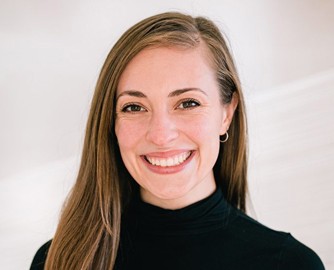
Calice uses surveys, workshops, interviews, and focus groups to investigate how community stakeholders view issues like energy transitions. Calice’s research ultimately seeks to investigate how community priorities can be incorporated into higher-level decision making.
Calice advocates for a grassroots approach that would bring “those voices into the process rather than trying to convince people that some kind of legislation or that some kind of policy needs to happen.”
The Clean Energy Community Initiative, an interdepartmental UW–Madison initiative that seeks to engage rural and urban areas alike in a pathway toward long-term sustainability, is one of many ways Calice is involved in this bottom-up approach.
“The Wisconsin Idea is all about finding those opportunities to bridge those things and bring the resources we have from the university to our local communities … to equip them in ways that maybe they haven’t had the opportunity to have before,” Calice said.
Kaiping Chen, UW–Madison assistant professor in the Department of Life Sciences Communication, combines qualitative and data science approaches to study topics like public deliberation, misinformation, and science communication. Her research area also focuses on social inequity and how governments across the world can improve public welfare by designing spaces for inclusive, thoughtful deliberation.

According to Chen, science communication, especially via digital channels like YouTube, often mirrors social inequalities by prioritizing content created by overrepresented groups. Policymakers and algorithm programers need to democratize digital spaces.
Chen said local governments trying to advance clean energy goals need to make the issues like climate and energy relevant to these communities, continually invite them to deliberate, describe next steps, and train community ambassadors.
“Before you engage a wide and diverse swathe of the public, do enough homework to know about the socioeconomic challenges as well as the history of a variety of communities so … you can tailor the engagement tools and methods to different communities,” Chen said.
The Forward in Energy Forum’s panel, moderated by Calice, will explore a high-level view of the energy transition, its key players, and its inherent complexities.
“I want there to be an opportunity to really create this picture of what that context looks like to really help us have more interesting conversations and more nuanced conversations about what the local energy transition actually means for people in the state of Wisconsin,” Calice said.

